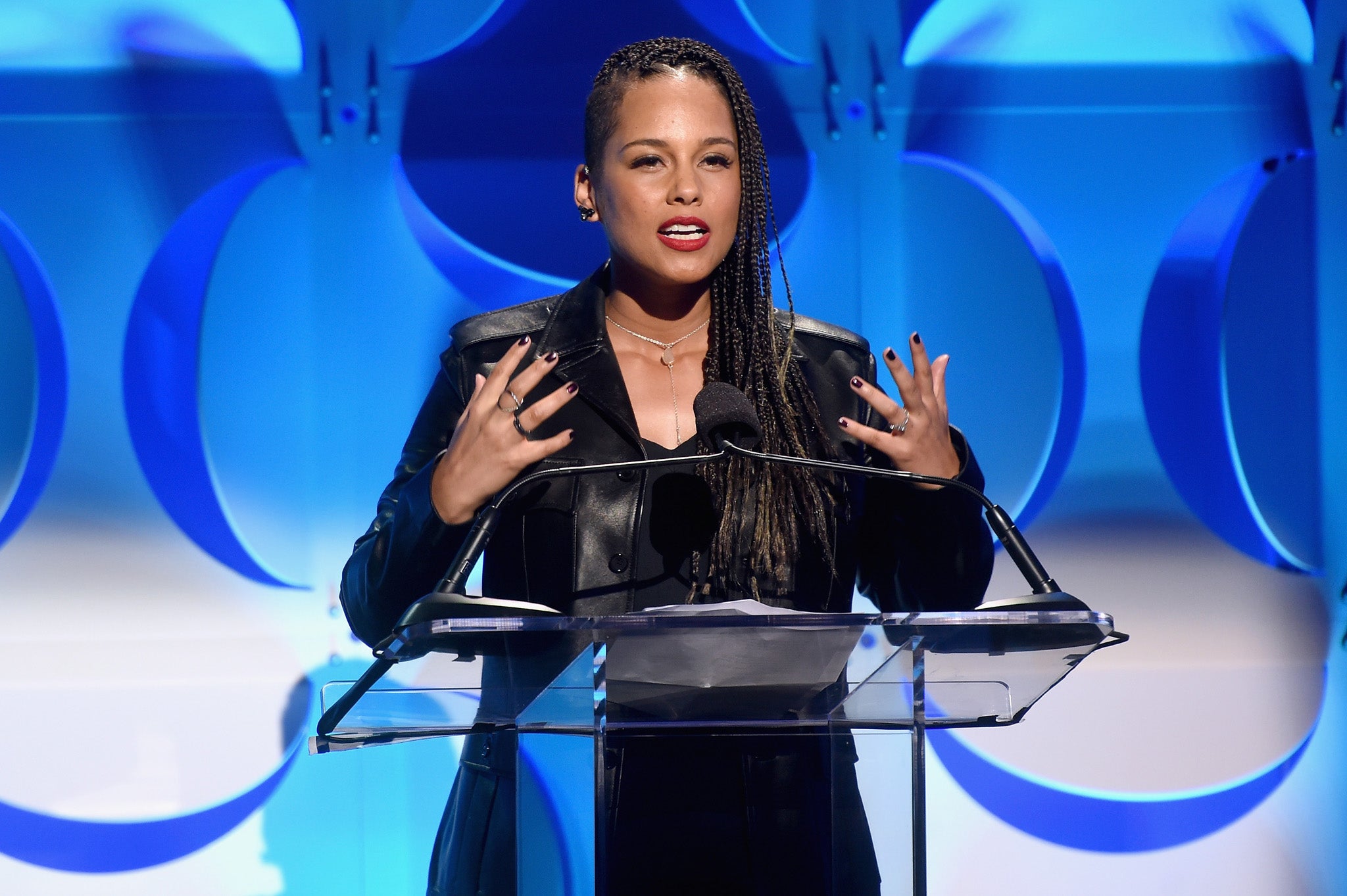Taylor Swift and other musicians against Spotify have to accept streaming is 'final destination' for music industry, says Sony Music CEO
Artists need to get used to the new revenue model

Your support helps us to tell the story
From reproductive rights to climate change to Big Tech, The Independent is on the ground when the story is developing. Whether it's investigating the financials of Elon Musk's pro-Trump PAC or producing our latest documentary, 'The A Word', which shines a light on the American women fighting for reproductive rights, we know how important it is to parse out the facts from the messaging.
At such a critical moment in US history, we need reporters on the ground. Your donation allows us to keep sending journalists to speak to both sides of the story.
The Independent is trusted by Americans across the entire political spectrum. And unlike many other quality news outlets, we choose not to lock Americans out of our reporting and analysis with paywalls. We believe quality journalism should be available to everyone, paid for by those who can afford it.
Your support makes all the difference.Streaming services like Spotify are the “final destination” for the music industry if it is to survive – but only if music fans upgrade from free offers to a monthly subscription.
Global music sales slipped by 0.4 per cent in 2014 to $15bn, industry body IFPI reported, as download sales, largely through Apple’s iTunes store, slumped by 8 per cent.
Total digital revenues rose 6.9 per cent to $6.9bn with streaming services, like Spotify and Deezer, increasing by 39 per cent, delivering $1.6bn of revenues.
Spotify offers music fans a free service, supported by advertising, in the hope that they will upgrade to a £10-a-month, ad-free subscription. Revenues from the 100m users of streaming’s “freemium” tiers soared by 38.6 per cent in 2014. There are just 41m paid streaming subscribers although the number is also rising.
Some artists including Taylor Swift, who removed her catalogue from Spotify last year, argue that allowing listeners to play their music for free undermines the value of her “art”.
Spotify, which now has more than 15m paid subscribers, is coming under pressure to limit the amount of free music it allows users to access.
Lucian Grainge, chairman of Universal Music, the world’s biggest label, said: “We want to accelerate paid subscriptions and raise income and compensation for everyone. Ad-funded on demand will not sustain us or the entire ecosystem.”
The IFPI’s Digital Music Report said: “Within the streaming sector, there is substantial untapped potential for growth within the paid-for category.”
Speaking at the report’s launch, Edgar Berger, Chairman and CEO, International, Sony Music Entertainment, said: “The industry has shifted from an ownership model to access. I’ve not met anyone who can see beyond streaming. So this looks like a final destination.”
Enjoy unlimited access to 100 million ad-free songs and podcasts with Amazon Music
Sign up now for a 4 month free trial (3 months for non-Prime members)
Enjoy unlimited access to 100 million ad-free songs and podcasts with Amazon Music
Sign up now for a 4 month free trial (3 months for non-Prime members)
Artists, who get paid pennies for a Spotify play, as opposed to the pounds they once received for a CD or download sale, must get used to the new model.

Berger said: “Some education is involved. Consumers have moved to a ‘renting’ music model. It delivers payments on a consistent basis. Over a time-frame, eventually, the artist will be better off.” Artist royalties declined less than the total fall in music sales revenue over the past five years, Berger said.
Berger welcomed the arrival of Tidal, the star-studded new streaming service, founded by Jay-Z, which which costs subscribers £9.99 or £19.99 per month for a high-quality sound stream.
However the music industry expects Apple to return with a game-changer when it relaunches its Beats Music service later this year. The subscription platform, co-founded by Dr Dre and Jimmy Iovine, has approached names including Swift, Florence & The Machine to provide exclusives for a launch expected in June. Beats Music is expected to offer subscriptions for $7.99 a month but could also be wrapped into iPhone purchases.
Taylor Swift puts back catalogue on Tidal
How does Tidal match up to the competition?
Jay Z pulls album Reasonable Doubt from Spotify after launching Tidal
YouTube, with its 1.1 billion users, is the world’s most popular access route to music but generates only half the revenues which are paid back to the music industry by streaming services.
The IFPI is launching a campaign to force the Google-owned platform to alter its licence agreements with artists and record companies so that it pays a greater return each time a music video is viewed.
YouTube is protected by so-called “safe harbour” laws that define it as a neutral platform which merely hosts music, rather a content service which actively seeks to distribute and monetise music through advertising, which the IFPI argues it has now become.
Join our commenting forum
Join thought-provoking conversations, follow other Independent readers and see their replies
Comments